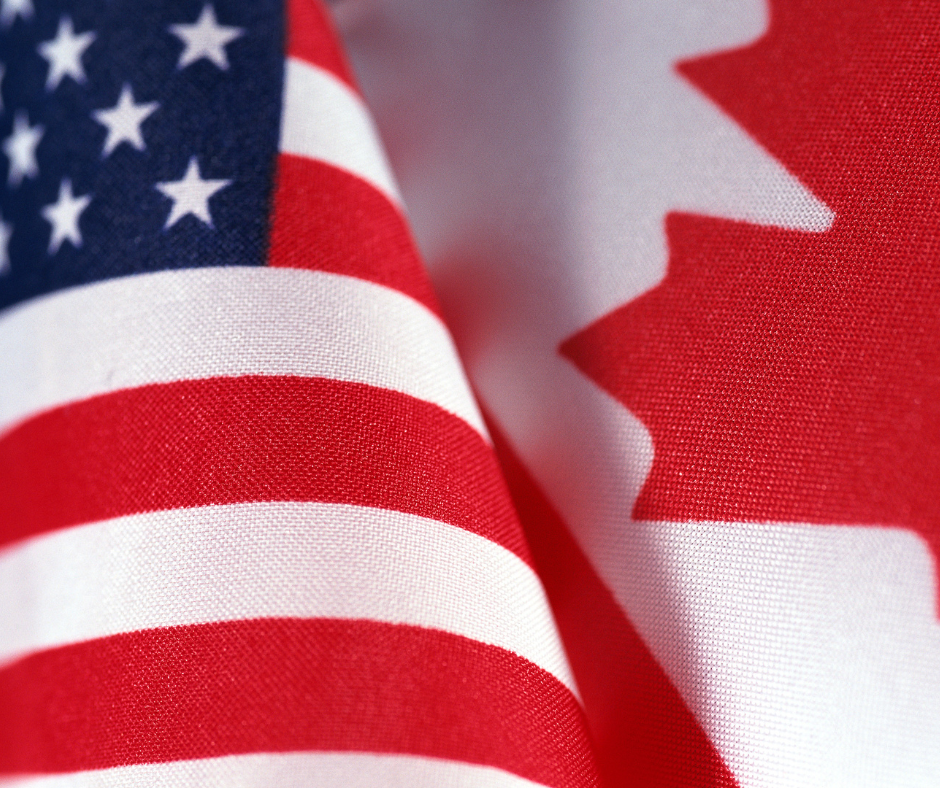
Washington D.C. - President Donald Trump announced Friday that all U.S. trade negotiations with Canada are “terminated immediately,” escalating tensions between the two longtime trading partners after a new political ad from Ontario angered the White House.
The ad, which used edited clips of a 1987 speech by former President Ronald Reagan about tariffs and free trade, aired earlier this week as part of an Ontario campaign promoting local manufacturing. Trump called the ad “fake,” claiming it distorted Reagan’s words and amounted to interference in U.S. legal and trade matters.
“We will not continue talks with any country that mocks the United States or misuses our history for propaganda,” Trump said Friday morning in remarks from the White House.
The Ontario government has not formally responded to Trump’s statement but has maintained that the ad was meant to celebrate economic independence, not comment on current U.S. politics.
Background: Months of Growing Strain
The latest rupture comes after months of rising trade tension between the U.S. and Canada.
In June, Trump abruptly suspended trade discussions following Ottawa’s decision to move forward with a digital services tax — a 3 percent levy on large U.S. tech companies like Google and Meta. The administration called the measure “a direct attack on American business” and hinted at possible retaliatory tariffs.
Although the two countries resumed limited contact over the summer, little progress was made toward a new bilateral framework. Canada has continued to defend the tax as a matter of fairness and sovereignty, while U.S. officials have pressed for full withdrawal before talks could proceed.
Friday’s announcement appears to end those talks entirely — at least for now.
Existing Trade Still in Effect
Despite Trump’s declaration, trade under the United States–Mexico–Canada Agreement (USMCA) — the continent’s existing trade pact — remains in place. The U.S. has not filed formal notice to withdraw, which would require a six-month process under the agreement’s terms.
That means day-to-day commerce between the two nations, from auto parts and steel to grain and energy, continues for the moment. Still, business leaders and economists warn that the uncertainty could disrupt planning, pricing, and investment on both sides of the border.
“Even if the USMCA technically still stands, markets respond to instability,” said one Toronto-based analyst. “When trade relations become political, companies start pulling back.”
Political and Economic Implications
The White House has not detailed what additional steps may follow the termination announcement, but several U.S. industries — especially agriculture, energy, and manufacturing — are watching closely. Canada is America’s second-largest trading partner after Mexico, with more than $800 billion in goods and services exchanged annually.
Canadian Prime Minister Justin Trudeau has not yet commented publicly, but sources in Ottawa told national outlets that officials are “assessing options to de-escalate” and remain open to dialogue “once conditions stabilize.”
As of Friday evening, no new tariffs or sanctions had been announced by either side.
What Comes Next
While the Reagan ad may have triggered this latest confrontation, experts say the underlying dispute is rooted in deeper economic and political disagreements — from digital taxation to industrial subsidies and cross-border energy policy.
Whether the October 24 declaration marks a temporary pause or the start of a prolonged trade freeze remains unclear.
For now, the message from Washington is unmistakable: negotiations are off the table, and the world’s longest undefended border is once again home to a very public trade dispute.
Sources: Time, Politico, Business Insider, Al Jazeera, The Guardian, Digital Journal




